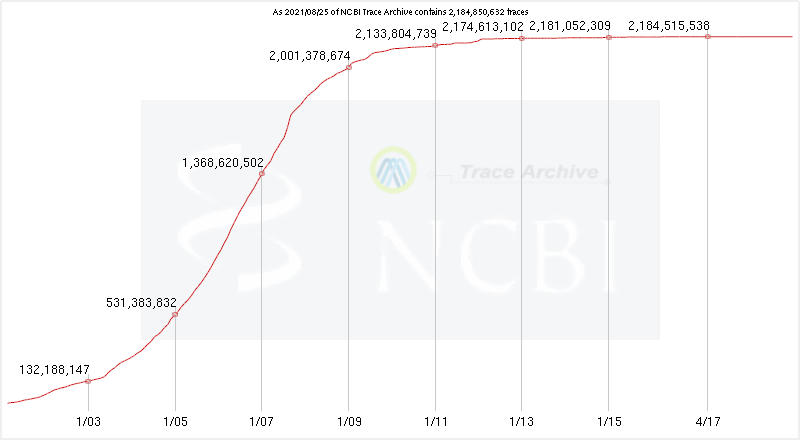I am looking for any public available databases where I can download Sanger chromatography data ideally in Ab1 or SCF file format. I need extremely large amounts of this, since I want to use it for machine learning.
$\begingroup$
$\endgroup$
5
-
$\begingroup$ @ATpoint , can you link me here any ML based solution for basecalling if you know any ? I found only 2-3 papers in the literature $\endgroup$– alex3465Commented Aug 18, 2021 at 14:13
-
$\begingroup$ Why do you want to reinvent the wheel on this? This is an old technology that doesn't require any new tools, not least of which because its use is decreasing every year. $\endgroup$– Devon RyanCommented Aug 18, 2021 at 19:10
-
$\begingroup$ @DevonRyan I can fully unterstand what do mean but Sanger DNA sequencing is not going away any time soon, also we are looking for inhouse Basecalling method/software which will be independent of any licencing $\endgroup$– alex3465Commented Aug 18, 2021 at 21:57
-
$\begingroup$ I must agree with the others. Furthermore, I'd say writing a script that can deal with frameshifted sequences in the PCR pool (the major issue with basecalling) is easier, but that is application specific as in general Sanger is used for validation and the data has to be perfect. E.g. I wrote a tool to call secondary peaks to test the diversity of error prone PCR pools, which is a super specific application. $\endgroup$– Matteo FerlaCommented Aug 19, 2021 at 10:12
-
$\begingroup$ There are some interesting trends in a Sanger trace, i.e. peak height distribution, which tell you about how well the experiment was (concentrations, gunk etc.), but that again is not too interesting to be heavily used —unless say implemented in Benchling or other major tool, i.e. the tricky part of a new tool is getting to be adopted. Furthermore, about licensing the Ab1 files are what is spat out by the machine and that is where the licensing/compression comes into play, not in basecalling as one can very easily do the basecalling from the raw data within them ignoring the calls. $\endgroup$– Matteo FerlaCommented Aug 19, 2021 at 10:16
Add a comment
|
1 Answer
$\begingroup$
$\endgroup$
NCBI Trace Archive
The NCBI Trace Archive is a permanent repository of DNA sequence chromatograms (traces), base calls, and quality estimates for single-pass reads from various large-scale sequencing projects. Contaning more than 2 billion traces.
